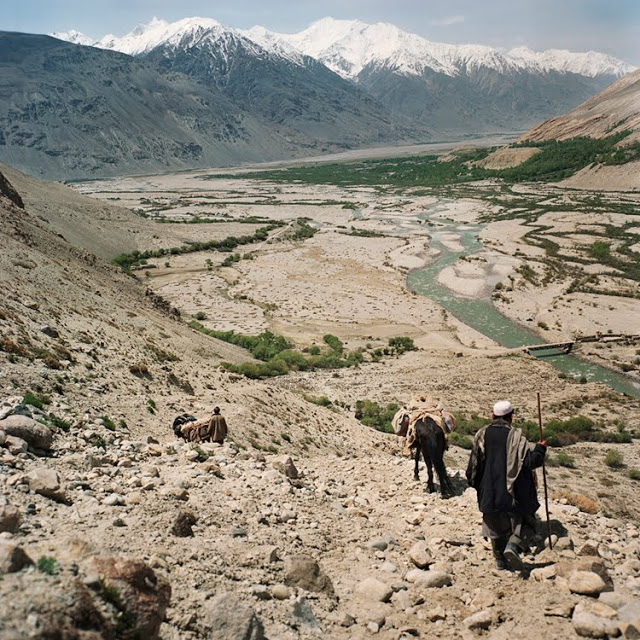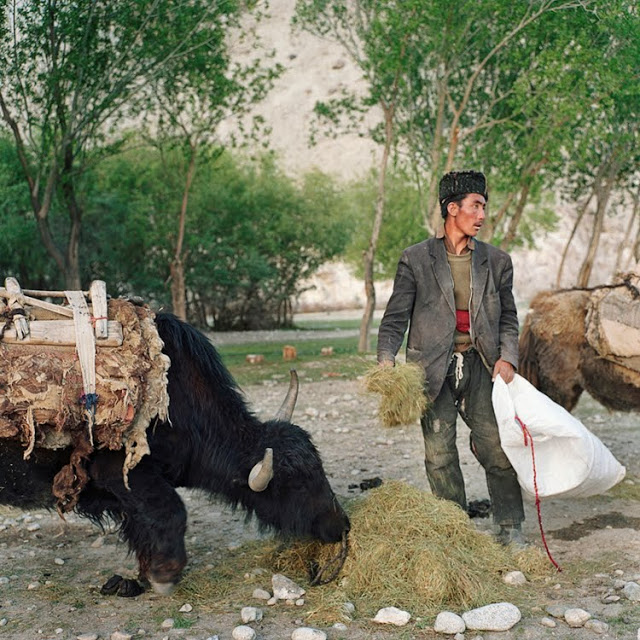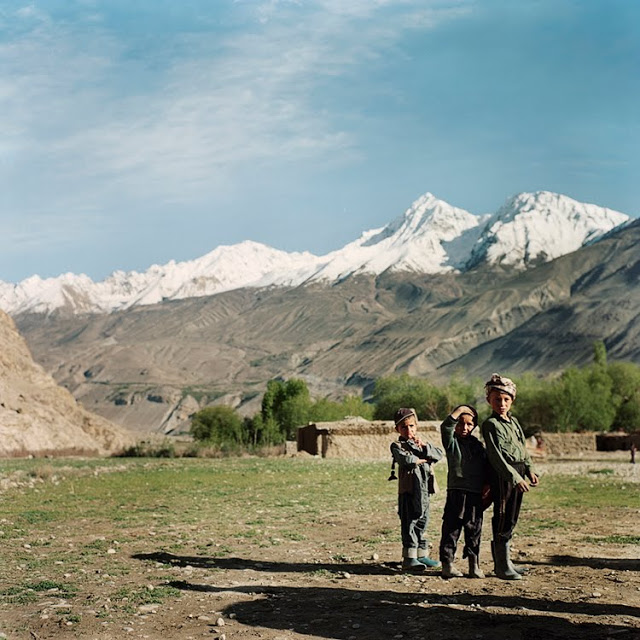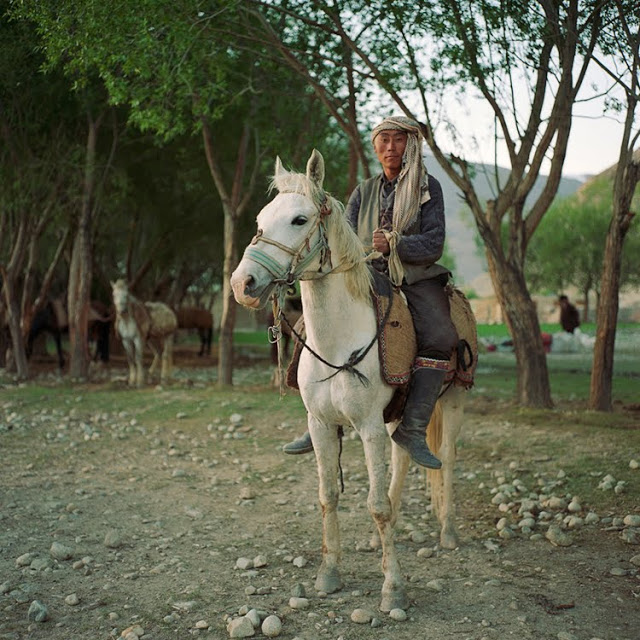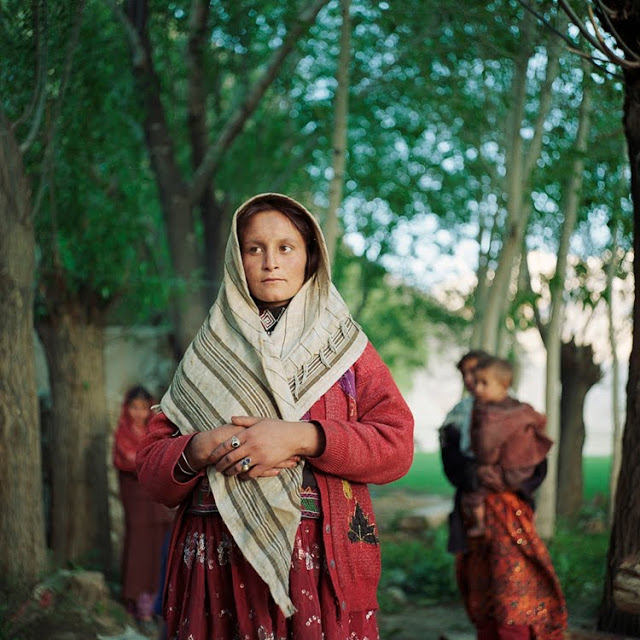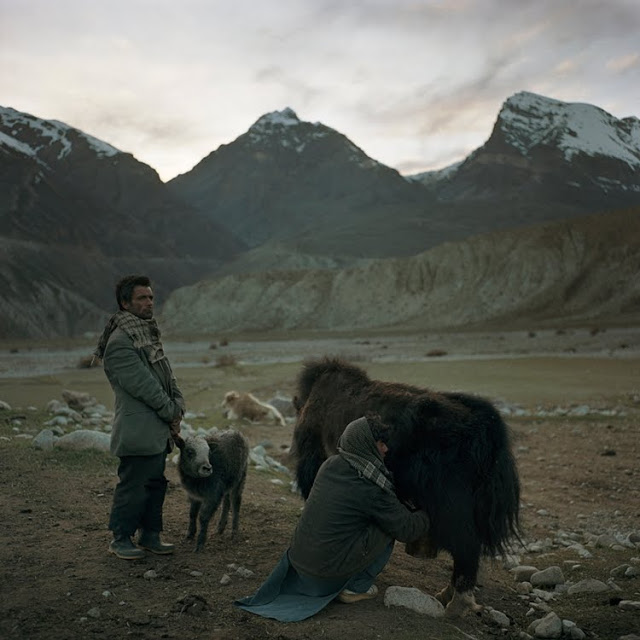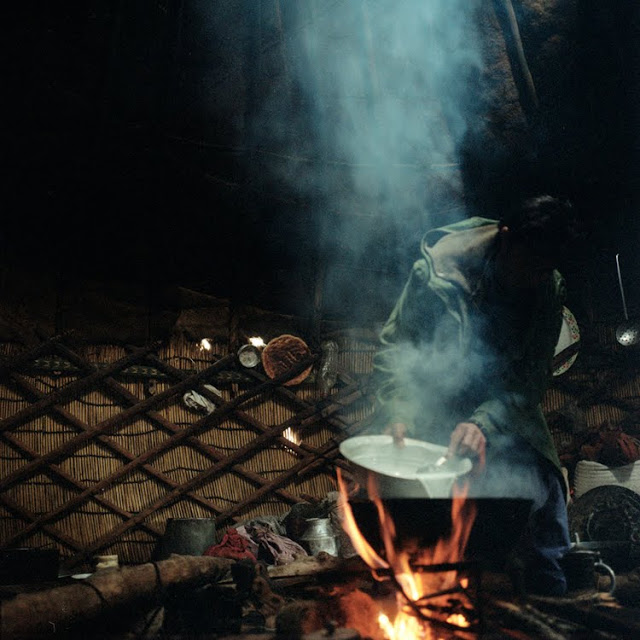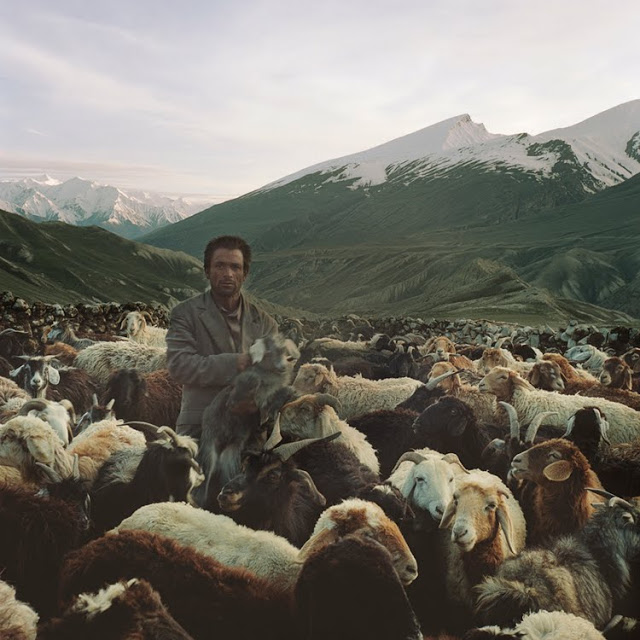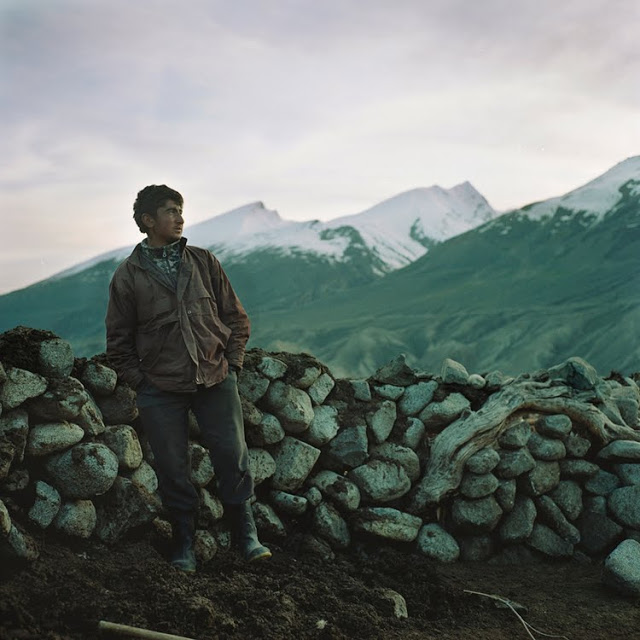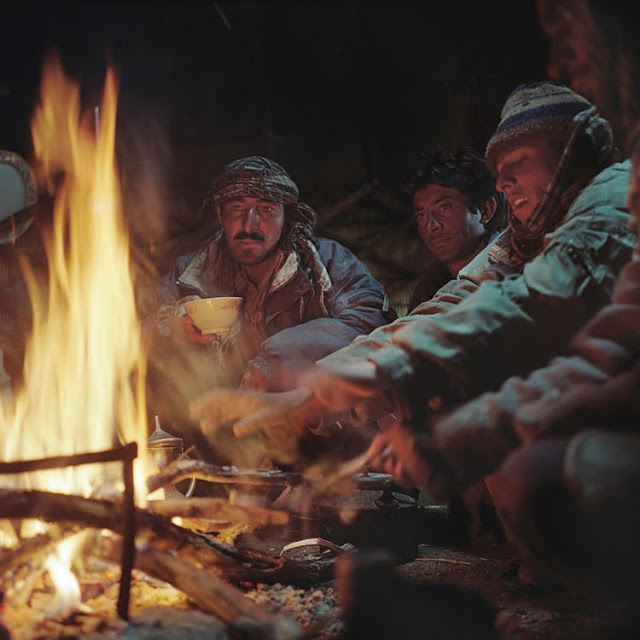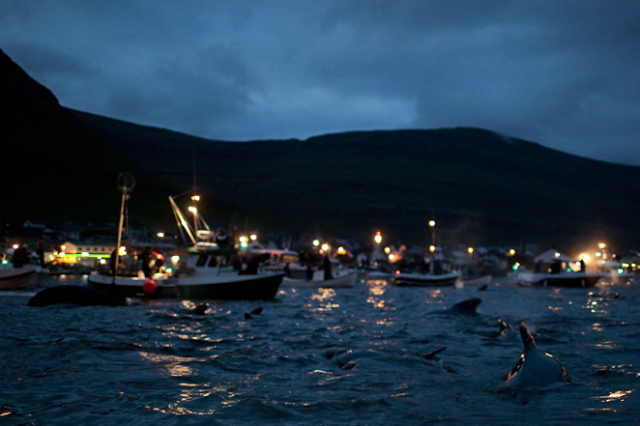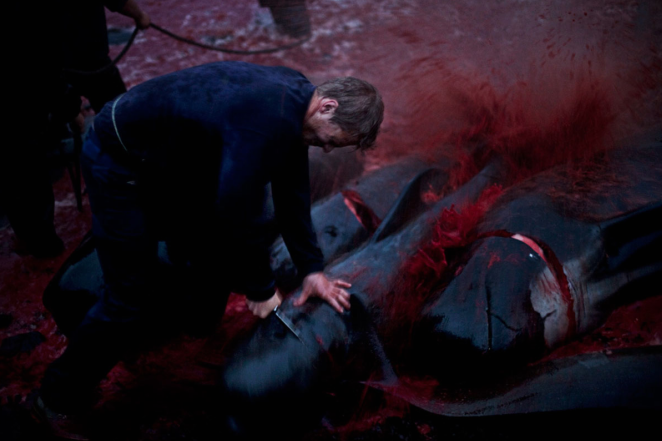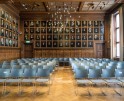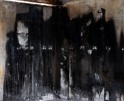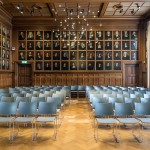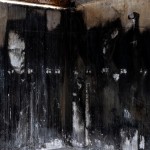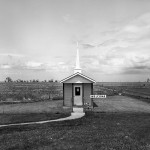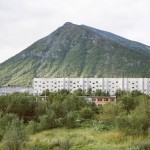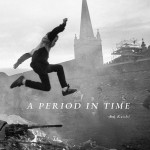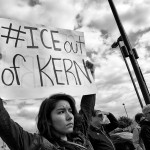Reruns: Benjamin Rasmussen
This post was originally featured in 2010 as part of a feature on the top 50 portfolios from Critical Mass….
Benjamin Rasmussen is circling the globe in an effort to help us better understand our world. He was born in Colorado, but has a passport that takes him in and out of cultures and countries. After spending his childhood with an indigenous people group on an island in the southern Philippines, his university years with evangelicals in a small town in northern Arkansas, and a year with the descendants of Vikings in the Faroe Islands, a nation of 45,000 residents in the middle of the North Atlantic, he now layers new experiences onto his platter of varied cuisines. His project, Afghanistan’s Wakhan Corridor, shares the beauty and the people of a country in conflict. You can read more about this project on NPR’s The Picture Show. I am also featuring work from his project, The Faroese Whale Kill.
The Taliban never conquered Afghanistan’s northeastern province of Badakhshan. It is a model of what a pre-Taliban Afghanistan looked like and possibly even a foreshadower of what a post-Taliban Afghanistan could be. Though it is not a large province, it is a microcosm of the rest of country, with five different ethnic groups and many of the same struggles faced elsewhere in Afghanistan. There is poverty, opium addiction and poor infrastructure, but also beauty and cultural diversity.
With these images, I want to try and expand the western cultural conversation about Afghanistan beyond whether or not to pull troops out and give viewers a deeper perspective of the country beyond the conflict. In this small part of a much larger body of work, I explore the Wakhan Corridor, a thin strip of land jutting out of eastern Badakhshan.
The two people groups who reside there live in isolation from the outside world, with the Kyrgiz living on the high peaks of the Pamir mountains and the Wakhi in the valleys bellow. Although I am American by nationality, I have lived abroad my whole life, only returning as an adult. When I decided to move back to America, I inherited the ongoing war in Afghanistan along with scars of 911. These images are part of me becoming a more informed citizen and trying to get to know this issue that I can influence with my votes.
In the Faroe Islands, a protectorate of Denmark with 48,000 inhabitants, the 400-year-old tradition of pilot whale killing still takes place. Though it is very controversial internationally, the practice is valued and closely protected by the Faroese. Entire communities take part in the whale kill, known as “Grindaboð”, and the meat and blubber is divided up equally between everyone in the village.
Posts on Lenscratch may not be reproduced without the permission of the Lenscratch staff and the photographer.
Recommended
-
Review Santa Fe: Leslee Broersma: Tracing AcademiaFebruary 11th, 2026
-
Review Santa Fe: Ilana Grollman: Just Know That I Love YouFebruary 10th, 2026
-
Review Santa Fe: Julia Cluett: Dead ReckoningFebruary 8th, 2026
-
Review Santa Fe: Elizabeth Z. Pineda: Sin Nombre en Esta Tierra SagradaFebruary 6th, 2026

